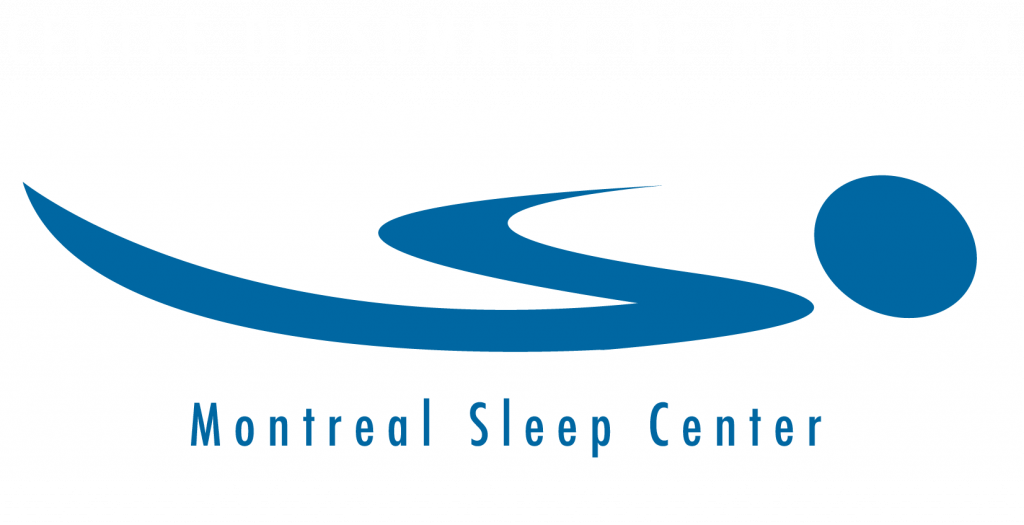Obstructive sleep apnea (also known as OSA or Obstructive sleep apnea-hypopnea syndrome, OSAHS) prevents your mind and body from getting the deep, restorative sleep you need to stay healthy. If left untreated, OSA can lead to major health problems, accidents related to fatigue, and premature death. Fortunately, OSA can be treated quickly and effectively with CPAP devices.
Central sleep apnea: Unlike with OSA, with central apneas the airway is not blocked. Rather, the brain fails to signal the respiratory muscles to breathe, or the muscles fail to respond to the brain’s signals. This is considered the most severe form of sleep apnea, although it is normal to experience a few central apneas throughout the night.
People of all ages can have sleep apnea. It is more common in adults. Risk factors include:
While some patients may be predisposed to sleep apnea, certain habits can make snoring and apnea worse. These include:
Sleep apnea is a common problem in the population:
A home sleep test can determine if you suffer from sleep apnea. This very simple diagnostic test allows you to sleep in the comfort of your own home. Appointments are usually available same day or next day.
During your first appointment a technician will instruct you on how to hook up the screening device and answer any questions that you might have. The next day the patient brings back the screening device and our technicians will quickly review the data to make sure it is acceptable to be scored by our analyst. If for some reason the test needs to be repeated the patient will take the device back home with them for another night. There is no additional charge if a test needs to be repeated.
Once our analyst has the screening test data it takes 7-10 business days until the results are ready. The analyst provides a 3-4 page colour report with an interpretation of results. We then contact you with the results and send you a copy via email. Based on the results of the study immediate treatment may be recommended and/or a consultation with one of our physicians may be scheduled.
What is measured during your test:
Untreated sleep apnea can cause a series of health complications:
Continuous positive airway pressure (CPAP) treats obstructive sleep apnea by providing a gentle air flow through a mask to “splint” the airway open. This prevents any blockage and allows restorative and restful sleep. We also offer mini-CPAPs for travel and BiLevel machines for more complicated forms of sleep disordered breathing.
Our sleep experts specialize in snoring and sleep apnea disorders. You can trust the Montreal Sleep Center for a quick consultation. We will discuss your symptoms, provide an accurate diagnosis, as well as the right treatment. Contact us now to reserve your spot with a sleep specialist.
To know if you have sleep apnea, you will find frequent disruption of sleep. A person with apnea may also have headaches upon waking up, chronic fatigue, and a variety of health problems. The best way to find out is to have a professional diagnosis.
The long-term dangers of sleep apnea can vary widely. Some effects can range from drowsiness to health problems like hypertension, stroke, and heart disease. If you are concerned about this issue, see a healthcare practitioner promptly.
A test for sleep apnea begins with a clinic visit. During the consultation, your questions will be answered and you will be given a testing device that records your oxygen levels, heart rate, airflow, snoring and other parameters while you are asleep.

Monday – Thursday : 9h00 – 16h30
Friday 9h00 – 15h00
Saturday – Sunday: Closed